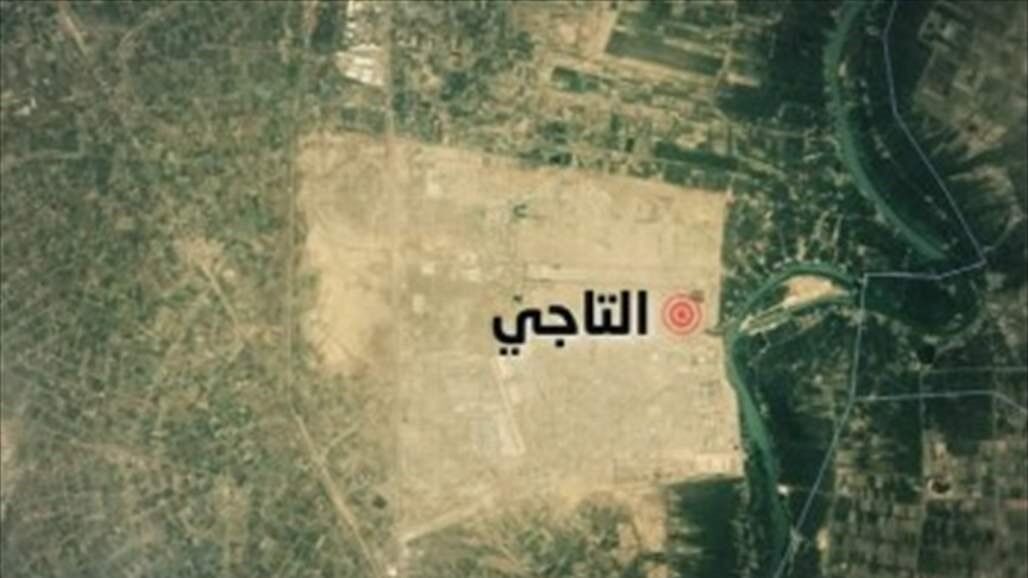In an interview with the website of the Strategic Council on Foreign Relations, Reza Mirabian cited the attacks on the al-Taji military base and noted: Hashd al-Shaabi groups such as the Hezbollah movement, the Najba movement or the Asaeb Ahl al-Haq, said the United States must implement the Iraqi parliament’s decision that they must leave Iraq, and if political solutions were not effective they will have to oust the United States by armed means. The protest attack against the al-Taji military base appears to have taken place to this end.
On the repercussions of the US attacks on Hashd al-Shaabi bases, the expert said these measures would not end with American reactions. In fact, US actions could trigger violence and armed confrontations.
The protest attack on al-Taji “is not the end of the US response,” he said, “but the US actions may intensify violence in future developments and armed movements.”
Accusing Iran Is Projection
Referring to US officials’ allegations that Iran was behind the attack, the West Asian affairs analyst added: “This action of the US authorities is projection and escape forward, and they themselves know these attacks have nothing to do with Iran. The Americans are trying to provoke Iraqi public opinion by claiming that these actions are done by Iran, while the Iraqi nation’s protest response to the US occupation in Iraq has nothing to do with Iran. They formally withdrew from Iraq in 2011, recognizing it as an independent state and officially ending the occupation.
He added that after the events related to ISIS actions, motivated by the Americans, they were present in Iraqi bases slowly and without any prior agreement. The ISIS issue has been settled for several years, and there is no parliamentary approval or agreement for an official US presence in Iraq. The Iraqis also did not give any official base to the Americans, so if ISIS were the pretext for their presence it was temporary and has ended with the parliamentary vote.
America Regards Iraq a Country under Occupation
Mirabian emphasized: Americans do not want to leave Iraq. Trump said in his election campaign that his predecessor Obama made a mistake to leave Iraq and that they must make up for that mistake and that America has a share from the Iraqi oil! They regard Iraq an occupied country and are after its huge oil reserves, and they explicitly and implicitly announce this. Even in reaction to the Iraqi parliament’s resolution, they said it was unnecessary and was adopted by a part of the Iraqi people.
He said: “The Americans have shown in words and deed that they do not want to leave Iraq, because they do not want to abide by the parliamentary law of an independent state, with the attacks on their troops they are paying the price for their behaviour in Iraq.”
Process of Expelling US from Iraq Has Begun
The West Asian affairs expert on how to expel Americans from Iraq also said: “This is definitely a time-consuming process.” The Americans will not leave Iraq until they are forced to, and for the time being, they insist to remain in Iraq unless the cost of their stay in Iraq is so heavy that their presence would not be economical.
Mirabian also stressed: “This process has begun and what we are seeing is the beginning of an action taken by Iraqi forces that will continue in the future.”
He considered the outcome of the upcoming US election to be effective in the withdrawal of US forces from Iraq and continued: “It seems that the current American rulers insist on staying in Iraq and are even ready to pay the price.”










0 Comments